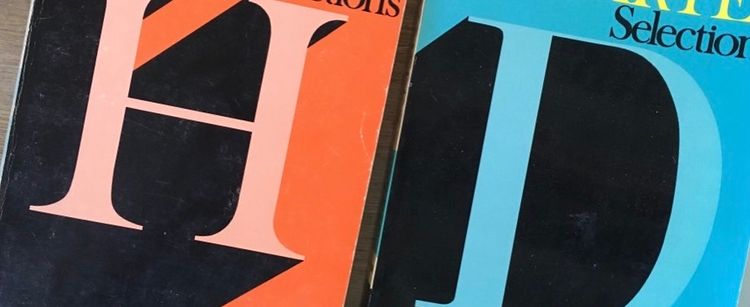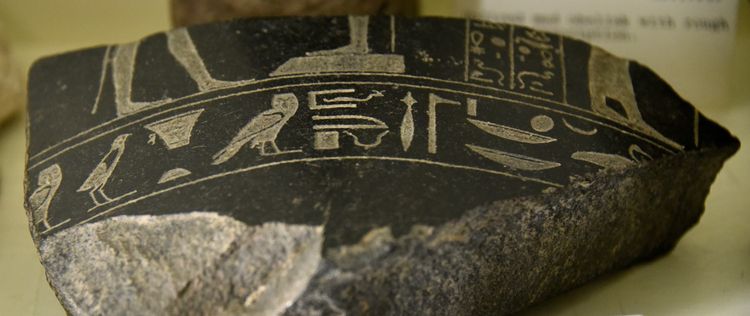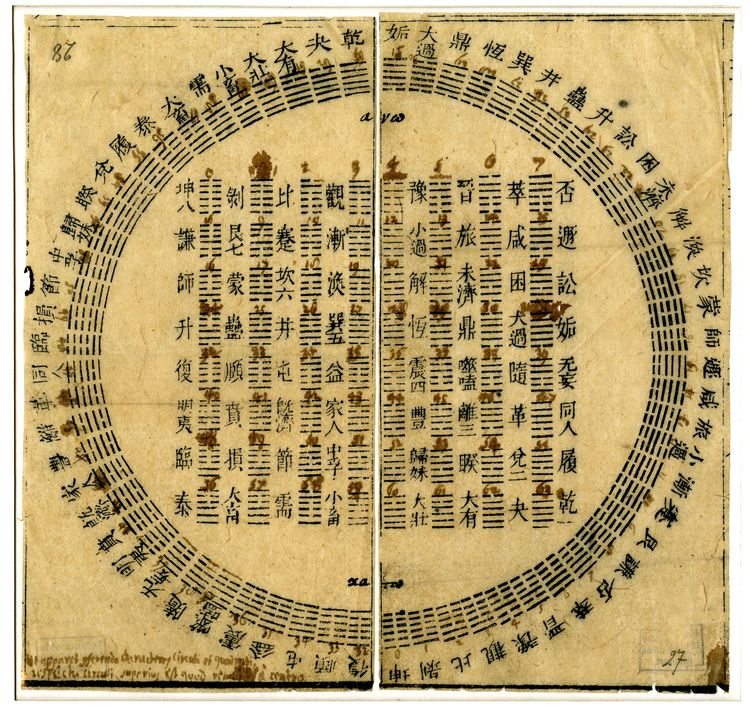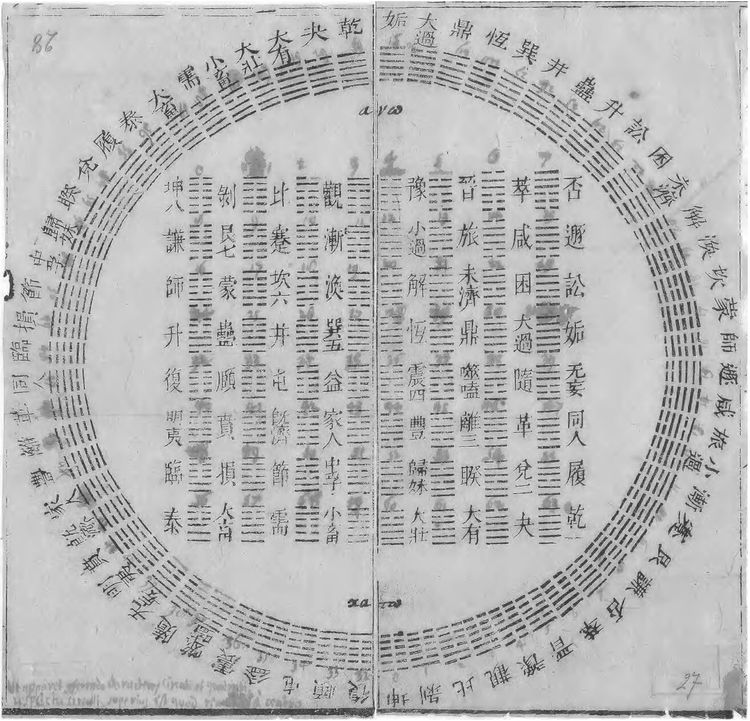The Birth of Secularity (Lecture)
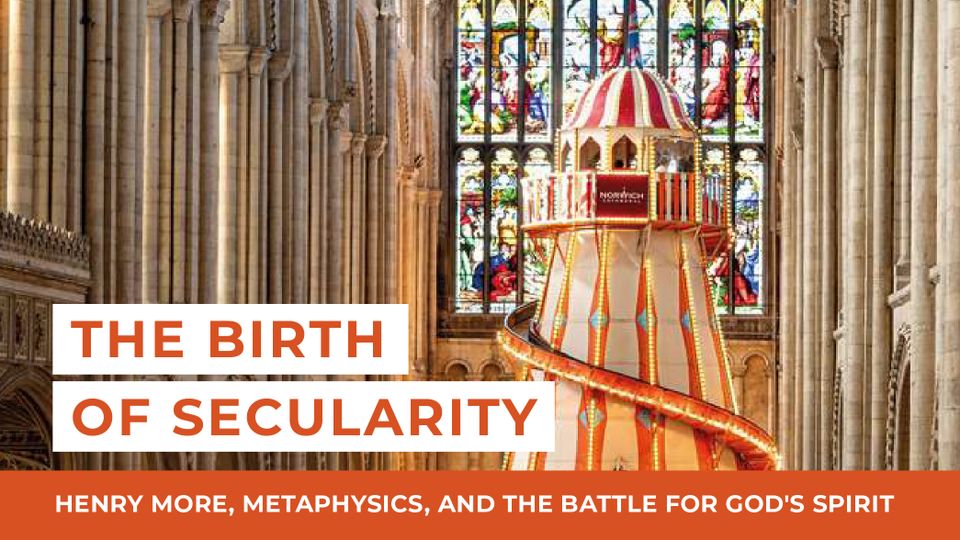
I'm happy to share that I'm giving the Davenant Institute's monthly Fellow's Lecture this Thursday. I'll be sharing pieces of my most recent research, engaging the issues of genealogies of secularity, the mechanical philosophy, and the decline of Protestant Orthodoxy and the traditional doctrine of God. You can read the description below and register here. I would love to see you there.
In recent decades, intellectual historians have attempted to chart the development of “secular modernity,” generally locating its origins in medieval or Protestant metaphysics. Key claims of these genealogies crumble under scrutiny, not least of all blaming the Reformation for a metaphysical revolution. And yet the metaphysical gulf separating the medieval and modern periods is undeniable: the world of Kant and Schleiermacher is not the world of Albertus Magnus and Duns Scotus.
If historians wish to better understand the development of secularity, a more helpful entry point is a seventeenth-century debate about the immateriality of the soul, the nature of space, and the spirit of God. Central to this debate was Henry More (1614 - 1687), a Cambridge Platonist philosopher now largely forgotten, but prominent in his lifetime. In this lecture, Mr. Onsi Kamel will explore More's defense of traditional metaphysics against Cartesianism. This will both illuminate how intellectual change results as much from ideas failing as it does them succeeding, and explore the origin of a key shift within modernity: moving from an analogical understanding of God to a univocal one.
Register here.
